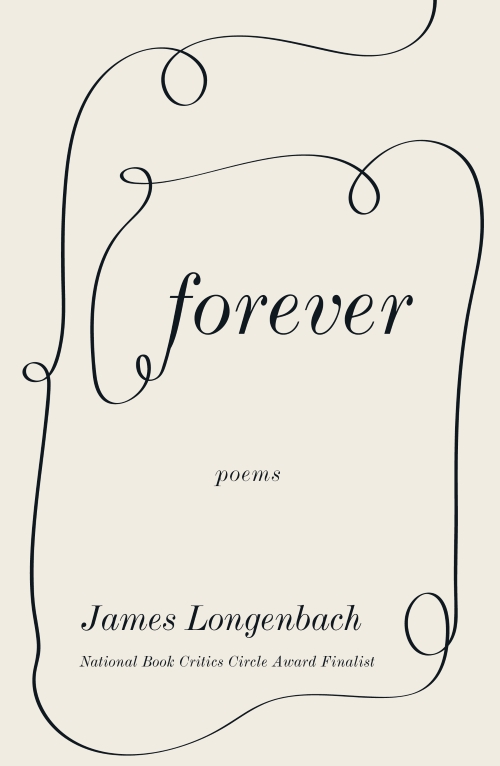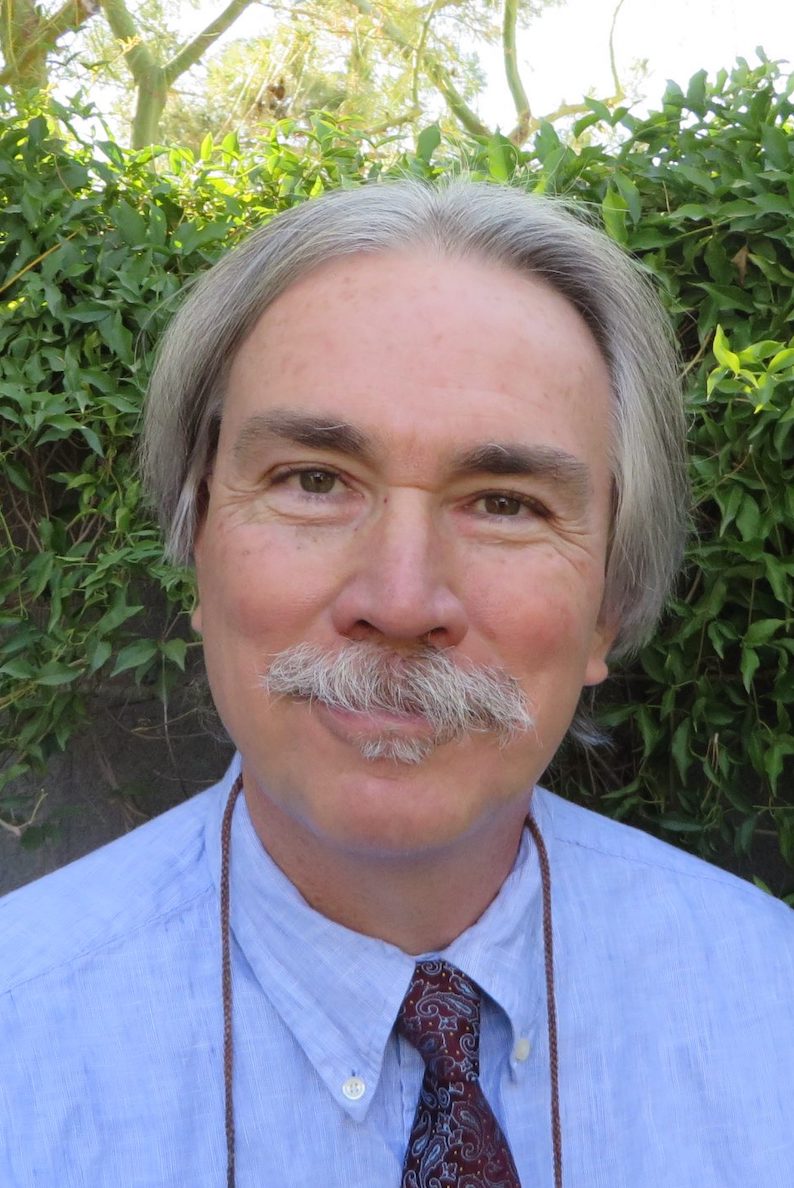The Light Changing in Eternity: James Longenbach’s Forever
To read the poems gathered as Forever is to walk beside Jim Longenbach along the banks of Lethe. We know the place, having been here before, with Dante in the most beautiful cantos of his Purgatorio. We remember its perils—the perils of oblivion and forgetfulness. And we remember its allures—the garden on the farther shore and a reunion there with the unforgettable. But something has changed. Somehow, Longenbach has prepared an estate for us along the water’s edge.
How did we afford this house?
Why, if it exists
In the present,
Am I speaking in the past?
(from “School Street”)
It is a liminal estate, a demesne made wholly of borderland. Voices call and voices recede. We are not haunted in the reading but, rather, dilated by changes all of which happen simultaneously in time and in eternity. By a deft and tender miracle, Forever shelters past and future together in the mutual instance of their perfection. And Longenbach knows this instance for the interim it is:
But in the interim I spent my afternoons,
Wandering in the meadows, the mountains
Rising, as they always had, abruptly from my feet.
My fantasies were not directed at the future,
But rather sought to improve the past.
(from “In the Dolomites”)
The knowledge is bittersweet, rhyming poignantly with Hart Crane’s “I was promised an improved infancy.” Only here, albeit it briefly, the promise is kept. On the brink of oblivion, memory imagines eternity—a vastation of real time, a tender one.
And having imagined eternity, memory (itself an imaginary boundary) is free to disappear. Lethe, after all, is Lethe. Longenbach chronicles the disappearances, naming the names and dates and beloved venues as they vanish, each into its unforgettable and deathless afterwards in after words.
Although the ruins of Palmyra have been ruined again,
Ruins I saw first in Life magazine,
I was a boy, summer of ’66,
Nobody dies today. All we did
Was leave the door open.
And you disappeared.
(from “Since February”)
Life, like memory, is eventually outdated, left behind with death and all the other wearisome periodicals. Imagination goes on forever. And so Longenbach discovered his last book’s title at the last river’s edge. In recent years, he and I had joked about spending our retirement together on a bench on upper Broadway, haranguing the pigeons and the traffic. It isn’t going to happen. But something even lovelier continues, and I rejoice for him and for his best beloved in their inevitable reunion, when a light changes in eternity.
Once, walking up Broadway,
Late at night,
Both of us a little drunk, flurries in the air, Christmas trees
Lining the sidewalk, block after block—
At every corner
You kissed me.
Then the light would change.
(from “112th Street”)





